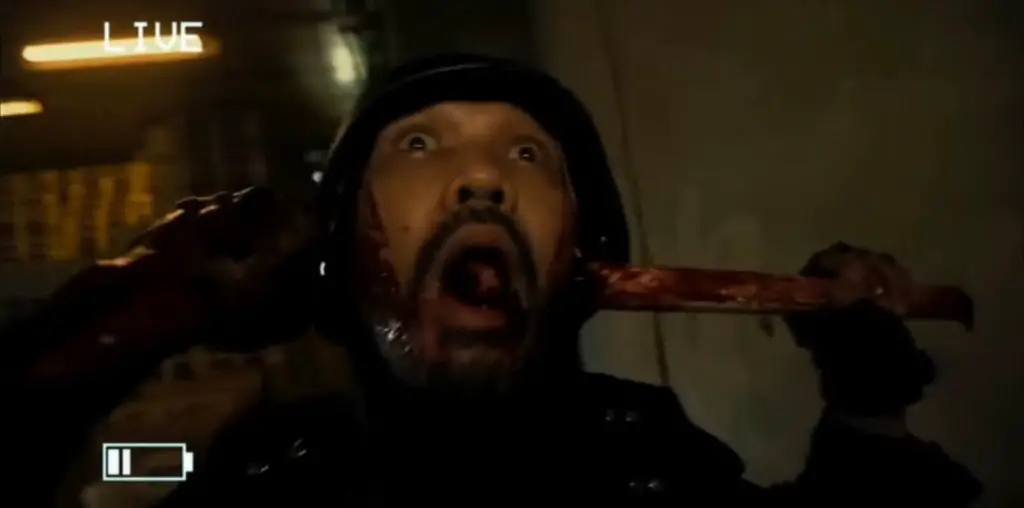
Would Alejandro Jodorowsky have created a better version of “Dune” than the one David Lynch directed? Perhaps, but after watching Frank Pavich’s “Jodorowsky’s Dune,” I’m convinced that in an alternate universe, his “Dune” would also be remembered as an ambitious but ultimately flawed film. Certainly, it would not have changed cinema forever, as the participants interviewed for this documentary think. (I am reminded of Coppolla’s belief that “Apocalypse Now” would play in theaters for decades after its release.)
On a stylistic level, Jodorowsky’s project was more ambitious than Lynch’s film in many ways — the opening sequence, for example, would have been amazing — but I’m not sure the casting would have been better: David Carradine as Duke Leto? Salvador Dali as the Emperor? Orson Welles, in his “Vegas Elvis” phase, playing the Baron Harkonnen? Mick Jagger supplying the musician-turned-actor angle, rather than Sting? Sure, there’s a chance all of those over-the-top egos could have meshed well, but my money would have been on the acting being uneven at best, a disaster at worst. (Jodorowsky’s son Brontis was to play a Paul who was much younger than the one in the book; having not seen any of his acting, I’ll pass on how good he would have been.)
However, Pink Floyd supplying the music was a brilliant idea, and Jodorowsky proved himself to be well ahead of his time when he brought in HR Giger, Moebius, Chris Foss, and Dan O’Bannon to work on the visuals, considering how much influence all of them had in Hollywood afterward. A major part of this failed project’s legacy is the fact that the four of them went on to work on many successful movies — at one point, Pavich even shows us clips from several science-fiction movies that they worked on.
Giger was interviewed for this documentary before his death, and Foss shows up to discuss his involvement too; O’Bannon, who passed away in 2009, is represented in some archival audio and through interviews with his widow, Diane. Jodorowsky and his producer, Michel Seydoux, have quite a bit to say, of course, and a range of others who weren’t involved in the movie also pop in with comments, including producer Gary Kurtz (“Star Wars” and “The Empire Strikes Back”), writer/director/producer Nicolas Winding Refn (“Drive,” the “Pusher” films), writer/director Richard Stanley (“Hardware,” “The Island of Dr. Moreau”), and others.
Ultimately, I think all of them have become so enamored with the idea that Jodorowsky’s “Dune” would have changed the world that they can’t imagine any other scenario, despite the questionable casting choices and the director’s desire to end the film with the now-green planet Arrakis breaking free of its orbit to travel the universe with a message of peace and love. (You’re telling me no one would be looking back on that ending and snickering about it?)
And when asked how long his film would have been, Jodorowsky says it could have been as long as 20 hours — Any wonder why the financing ultimately fell through? In addition, he agreed to Dali’s demand for $100,000 an hour (the idea was that they would only have Dali film for a few hours, but given the inevitable delays that pop up during any movie, was that really a wise plan?), and he promised Welles that he would bring Welles’ favorite French chef to the set to cook for him every day (sure, no potential for huge cost overruns there either).
While much time is spent talking about Jodorowsky’s vision for the film and showing us copious amounts of production materials (I admit I’d fork over some serious money to get a copy of the book that they distributed to the studios), the specifics of the project’s failure to get made are glossed over. Sure, Jodorowsky and Seydoux talk about their deep disappointment, and Stanley, Refn, and others say that it fell through because Hollywood was afraid of the project, but was that really the reason? Given the promises Jodorowsky was making to the cast, and the fact that he couldn’t even give an idea of a rational running time, I can understand why perhaps some of the money people were nervous. It would have been nice to see some comments from the other side of the argument, but I realize most documentaries need to present a narrative and stick to it; bringing in contrarian views just dilutes the message.
This release features the documentary on a DVD and a Blu-ray, with 45 minutes of deleted scenes included as the only extra on both discs. While I can see why those scenes were cut, they’re worthwhile viewing if you want to delve into Jodorowsky’s philosophies, such as his attitude that directors today are all zombies who just follow orders. Sure, we need people like Jodorowsky in the entertainment industry, but if everyone was like him, I’m not sure it could rationally function, since every movie and TV series would have a budget that says, “We’ll cast whoever we want and promise them whatever it takes, and the running time will be whatever we feel like it should be.”
